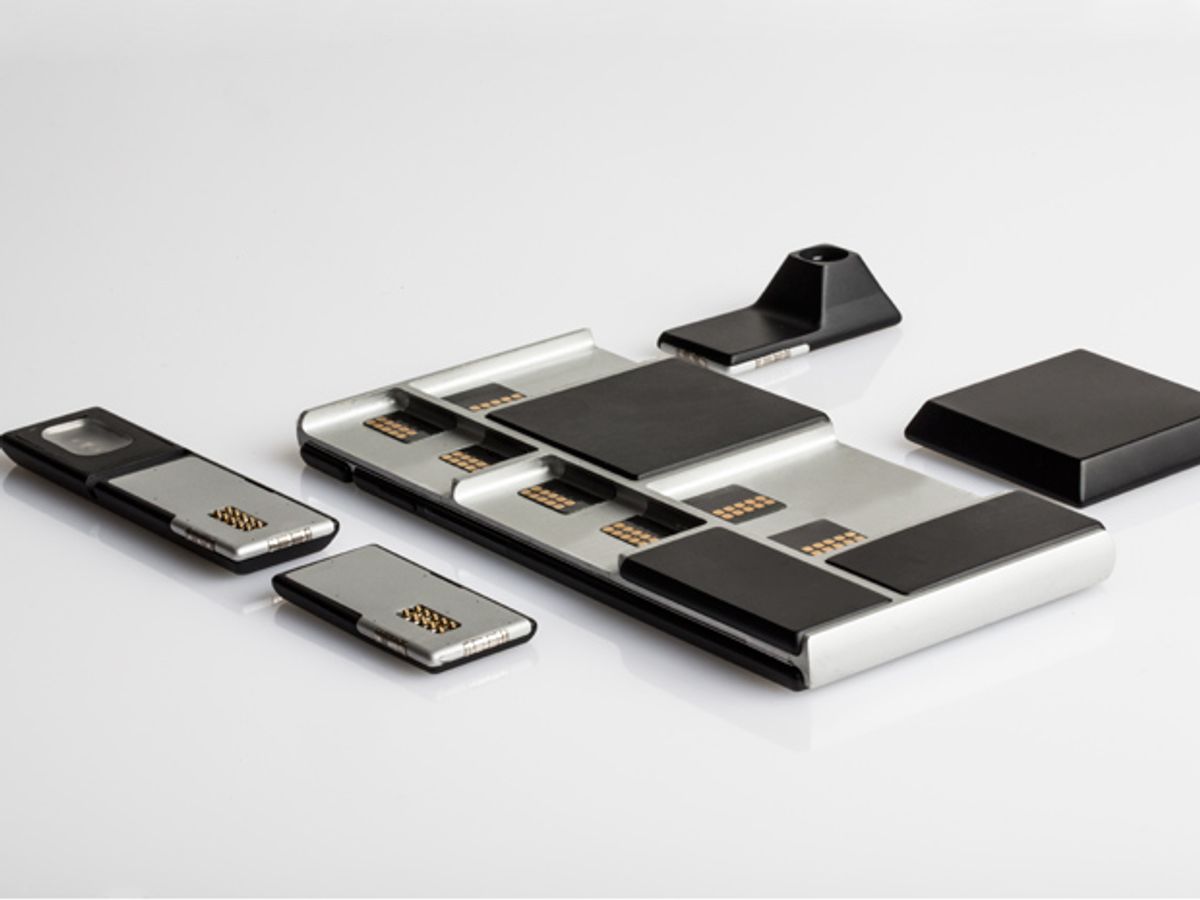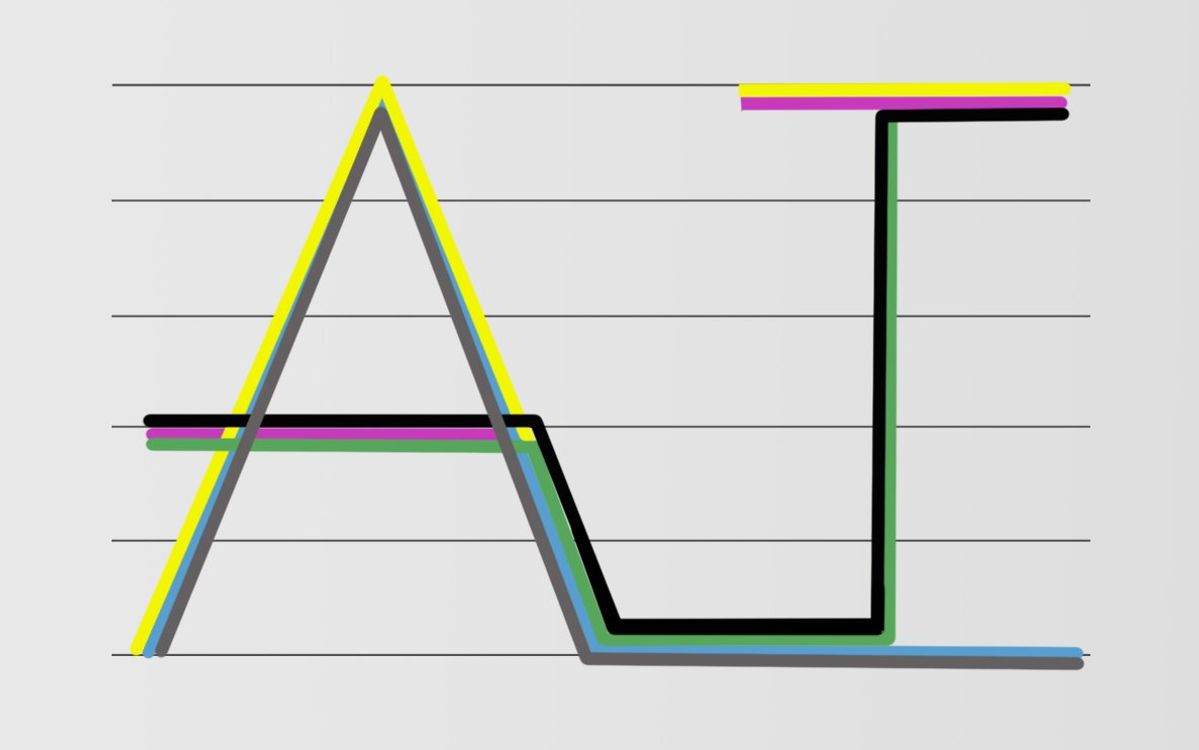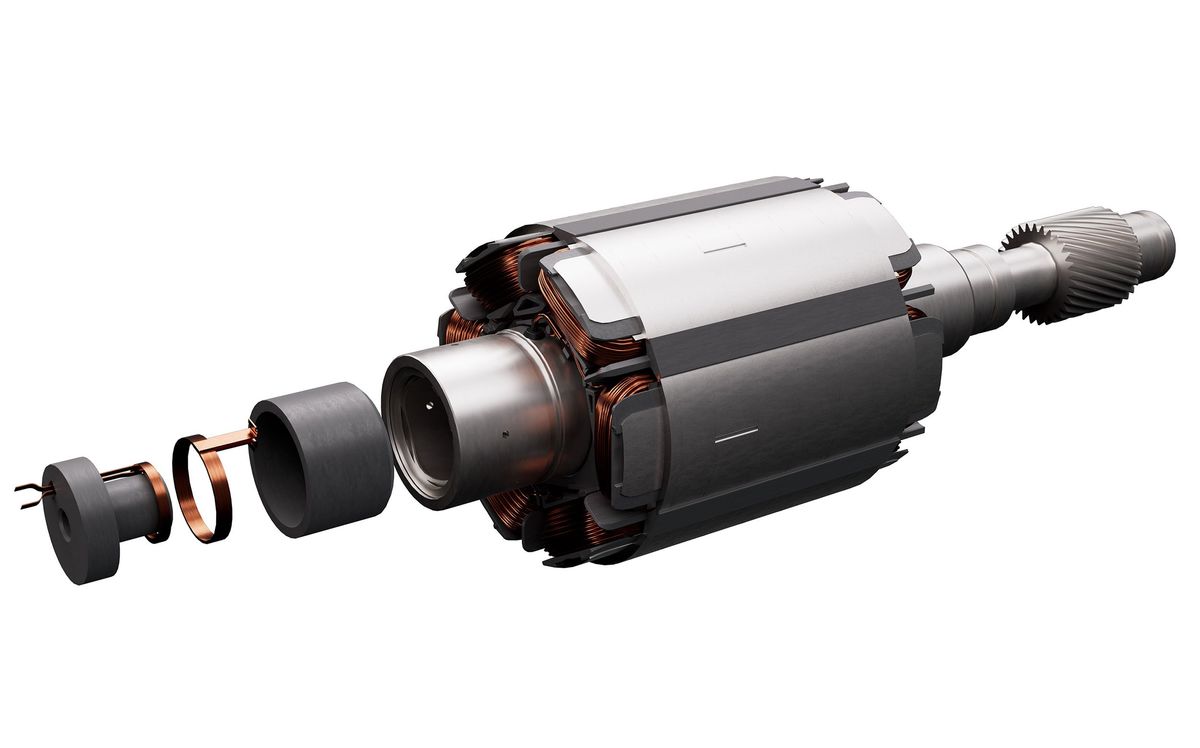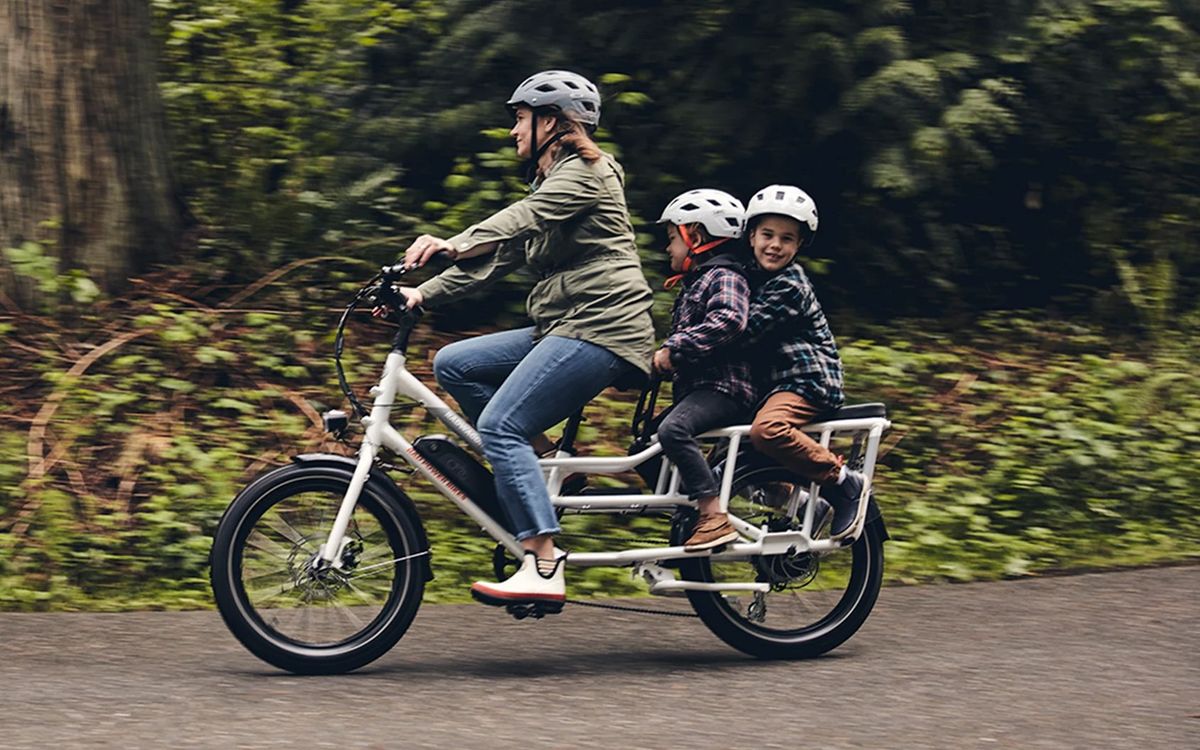A new Google smartphone that allows users to swap out parts on the fly will debut in Puerto Rico in the second half this year, according to announcement made by the company yesterday (see video below). That means the bilingual U.S. territory would represent the first testing ground for the smartphone’s promise of enabling constant phone modification and upgrades based on user needs.
Google chose Puerto Rico as the first test market for its modular smartphone because the territory represents “a gateway from the U.S. to the world” with its bilingual culture and designated free-trade zones, according to BBC News. The technology giant hopes to have about 20 to 30 swappable modules available for the phone by the time of the pilot launch. Puerto Rican customers could expect to buy the phones from mobile “food-truck-style stores.”
The modular smartphone developed through Google’s Project Ara consists of a basic shell that manages the flow of data and power to a number of magnetically-attached modules. Swappable modules would give users an easy way to change out or even upgrade their smartphone processors, displays, batteries, cameras, speakers. The ease of customization on the go would also enable use of more specialized hardware such as blood-sugar monitors for medical applications.
Cost of materials and components for a basic Ara phone could range between $50 and $100, even if the actual retail price might go higher depending on each customer’s choice of modules. Google hopes its cheap, modular smartphone will be especially alluring for the five to six billion people who currently don’t own smartphones.
Google currently has plans for three Ara phone sizes: pocket-size, standard and phablet. The largest size would naturally have more space to hold more modules. Eventually, Google hopes to inspire a hardware components market for smartphones that rivals app stores in their diversity of offerings. (For much more on Google’s modular smartphone, see IEEE Spectrum’s feature “Project Ara: Google Wants Your Phone to Go to Pieces”.)
The Ara smartphone could also encourage people to hold onto their basic phone for five or more years by easily enabling upgrades for individual parts. By comparison, U.S. customers currently replace their phones every 22 months on average.
There is no word just yet on when the Ara smartphone could go on sale beyond Puerto Rico’s shores. For now, Google plans to use the pilot launch to monitor the phone’s performance and to test out possible pricing plans.
Jeremy Hsu has been working as a science and technology journalist in New York City since 2008. He has written on subjects as diverse as supercomputing and wearable electronics for IEEE Spectrum. When he’s not trying to wrap his head around the latest quantum computing news for Spectrum, he also contributes to a variety of publications such as Scientific American, Discover, Popular Science, and others. He is a graduate of New York University’s Science, Health & Environmental Reporting Program.



